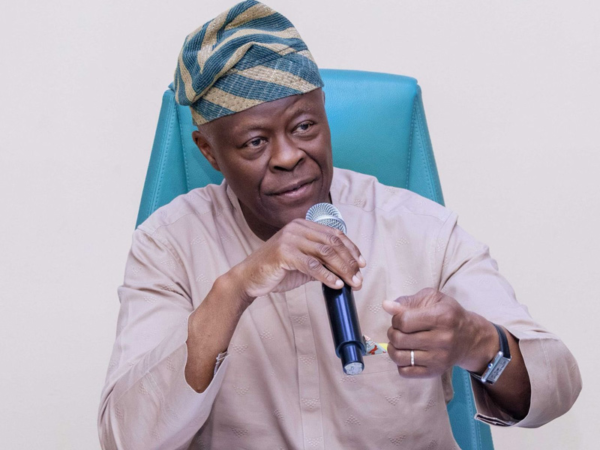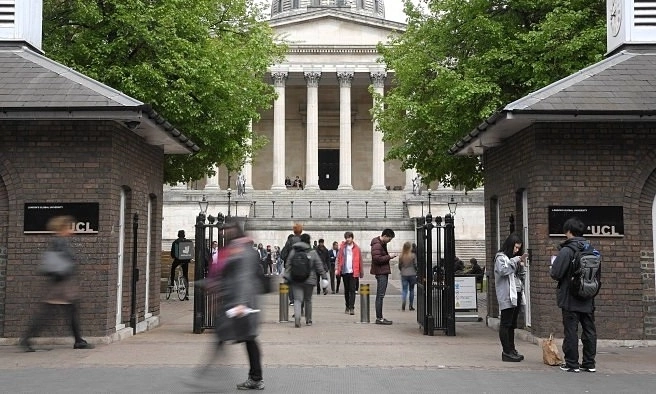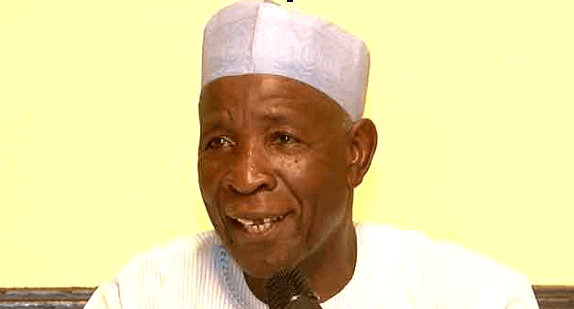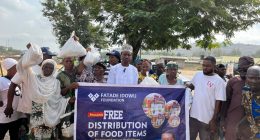
Speaking at the 4th World Customs Organisation (WCO) Donors Conference for the West and Central Africa Region, Nigeria’s Minister of Finance and Coordinating Minister for the Economy, Wale Edun, delivered a strong message emphasizing the urgent need for Africa to move beyond dependence on external aid and prioritize the development of robust, regionally anchored institutions.
Minister Edun’s remarks come at a critical juncture for the region, facing the dual challenges of newly imposed reciprocal tariffs by the United States, averaging 13.83% on exports from eight West and Central African nations including Nigeria, Cameroon, and Côte d’Ivoire, and a significant reduction in development assistance from USAID. He underscored that these global developments are inflating export costs, undermining trade competitiveness, and hindering crucial diversification efforts across the region. Furthermore, the sudden withdrawal of USAID programs is straining vital health and education sectors.
“These developments make it clear we can no longer rely exclusively on external support,” Minister Edun asserted, advocating for an accelerated implementation of the African Continental Free Trade Area (AfCFTA), enhanced domestic revenue mobilization strategies, and the establishment of resilient customs systems to effectively counter these headwinds.
He painted a vision of a West and Central Africa characterized by seamless trade flows, where customs administrations act as key drivers of economic growth, and the full potential of AfCFTA is realized through modernized and harmonized procedures. “With collaboration between governments, customs agencies, and development partners, this vision is within reach,” he added.
Minister Edun highlighted the significant role of the Nigeria Customs Service (NCS), which has historically contributed approximately 15% to the national budget. He noted that despite prevailing global economic pressures, the NCS achieved an impressive 90% revenue increase in the past year, exceeding government targets by 20%.
“This performance reassures us that with the right resources, our customs administrations can exceed expectations,” Minister Edun stated, acknowledging the positive impact of WCO-supported initiatives such as Advanced Ruling and Authorised Economic Operators (AEO) in boosting trade facilitation and revenue collection.
However, he also recognized the increasing complexity of customs duties in today’s global landscape, requiring a delicate balance between trade facilitation, robust border security, and efficient revenue generation.
Addressing the transformative potential of the AfCFTA, Minister Edun noted that the region, with a population exceeding 450 million and a combined GDP over $900 billion, currently has a low intra-regional trade rate of just 12%, significantly lagging behind Europe’s 60% and East Asia’s 40%. He also highlighted the economic disparities within the region, with eight of the world’s 32 landlocked developing countries facing import costs nearly double those of coastal nations.
Inefficiencies in customs processing were also flagged, with average processing times of 12 days far exceeding the global best practice of under 24 hours. Minister Edun argued that modernizing and harmonizing customs procedures could unlock an estimated $50 billion in annual intra-regional trade, create millions of jobs, and significantly reduce poverty levels.
Controller General of Customs, Basir Adeniyi, echoed Minister Edun’s concerns, identifying key technical barriers such as inadequate digital infrastructure, limited system interconnectivity, and insufficient capacity for advanced customs procedures. He also pointed to the challenges posed by fragile borders, the growth of e-commerce, and the complexities of implementing AfCFTA’s Rules of Origin as pressing issues requiring targeted interventions.
Under President Bola Tinubu’s Renewed Hope agenda, Nigeria is actively pursuing economic reforms aimed at enhancing trade competitiveness and fiscal resilience. Minister Edun spotlighted initiatives like the National Single Window Project, designed to digitize trade processes, significantly reduce clearance times, and foster greater regional integration. These efforts are being supported by partners like the World Bank through the Accelerating Resource Mobilisation Reforms (ARMOR) Programme, which aims to strengthen revenue systems and public financial management.
Controller General Adeniyi emphasized the conference theme, “Partner mobilisation around the priority projects of the WCO’s WCA region,” as a crucial call to transform customs operations through enhanced technical support and strategic partnerships. “Nigeria’s strides in modernization offer valuable lessons for the region,” he stated, citing tangible progress in addressing existing digital and procedural gaps.
Minister Edun concluded by warning that external challenges, ranging from imposed tariffs to reductions in aid, pose a significant threat to collective progress. He stressed the critical importance of sustained investment in customs infrastructure, technology, and capacity building. “AfCFTA is an unprecedented chance to elevate intra-African trade and transform our economies,” he urged, calling on member states to seize this pivotal moment.








